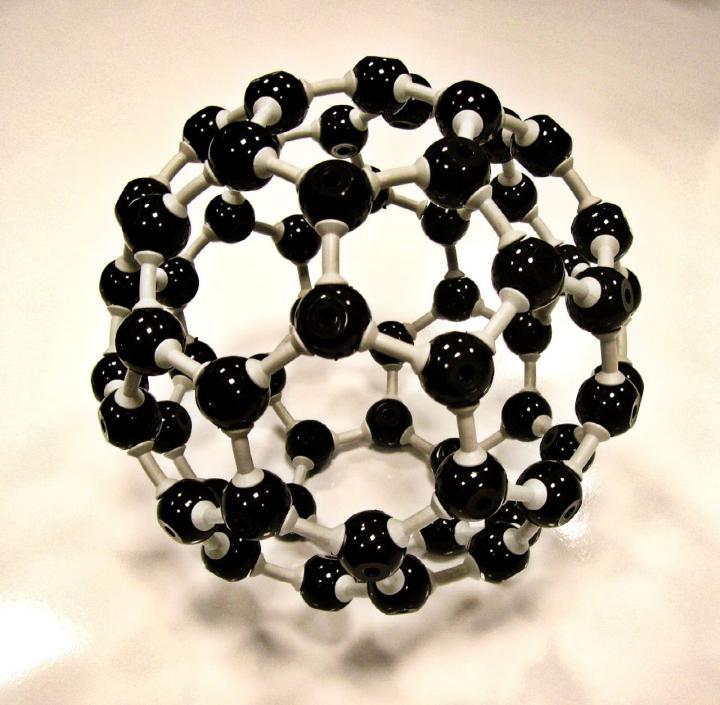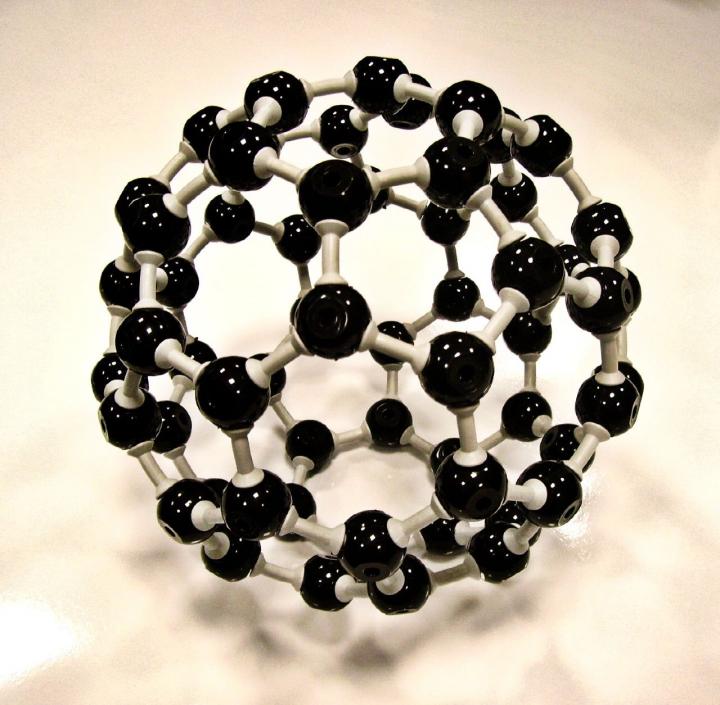
HANOVER, N.H. – A Dartmouth College scientist and his collaborators have created an artificial protein that organizes new materials at the nanoscale.
"This is a proof-of-principle study demonstrating that proteins can be used as effective vehicles for organizing nano-materials by design," says senior author Gevorg Grigoryan, an assistant professor of computer science at Dartmouth. "If we learn to do this more generally – the programmable self-assembly of precisely organized molecular building blocks — this will lead to a range of new materials towards a host of applications, from medicine to energy."
The study appears in the journal in Nature Communications. A PDF is available on request.
According to the U.S. National Nanotechnology Initiative, scientists and engineers are finding a wide variety of ways to deliberately make materials at the nanoscale – or the atomic and molecular level — to take advantage of their enhanced properties such as higher strength, lighter weight, increased control of light spectrum and greater chemical reactivity than their larger-scale counterparts.
Proteins are "smart" molecules, encoded by our genes, which organize and orchestrate essentially all molecular processes in our cells. The goal of the new study was to create an artificial protein that would self-organize into a new material — an atomically periodic lattice of buckminster fullerene molecules. Buckminster fullerene (buckyball for short) is a sphere-like molecule composed of 60 carbon atoms shaped like a soccer ball. Buckyballs have an array of unusual properties, which have excited scientists for several decades because of their potential applications. Buckyballs are currently used in nanotechology due to their high heat resistance and electrical superconductivity, but the molecule is difficult to organize in desired ways, which hampers its use in the development of novel materials.
In their new research, Grigoryan and his colleagues show that their artificial protein does interact with buckyball and indeed does organize it into a lattice. Further, they determined the 3-dimensional structure of this lattice, which represents the first ever atomistic view of a protein/buckyball complex.
"Learning to engineer self-assembly would enable the precise organization of molecules by design to create matter with tailored properties," Grigoryan says. "In this research, we demonstrate that proteins can direct the self-assembly of buckminsterfullerene into ordered superstructures. Further, excitingly, we have observed this protein/buckyball lattice conducts electricity, something that the protein-alone lattice does not do. Thus, we are beginning to see emergent material behaviors that can arise from combing the fascinating properties of buckyball and the abilities of proteins to organize matter at the atomic scale. Taken together, our findings suggest a new means of organizing fullerene molecules into a rich variety of lattices to generate new properties by design."
###
The study included researchers from Dartmouth College, Sungkyunkwan University, the New Jersey Institute of Technology, the National Institute of Science Education and Research, the University of California-San Francisco, the University of Pennsylvania and the Institute for Basic Science.
Dartmouth Assistant Professor Gevorg Grigoryan is available to comment at [email protected].
Broadcast studios: Dartmouth has TV and radio studios available for interviews. For more information, visit: http://communications.dartmouth.edu/media/broadcast-studios
Media Contact
John Cramer
[email protected]
603-646-9130
@dartmouth
http://www.dartmouth.edu
The post Researchers create artificial protein to control assembly of buckyballs appeared first on Scienmag.





